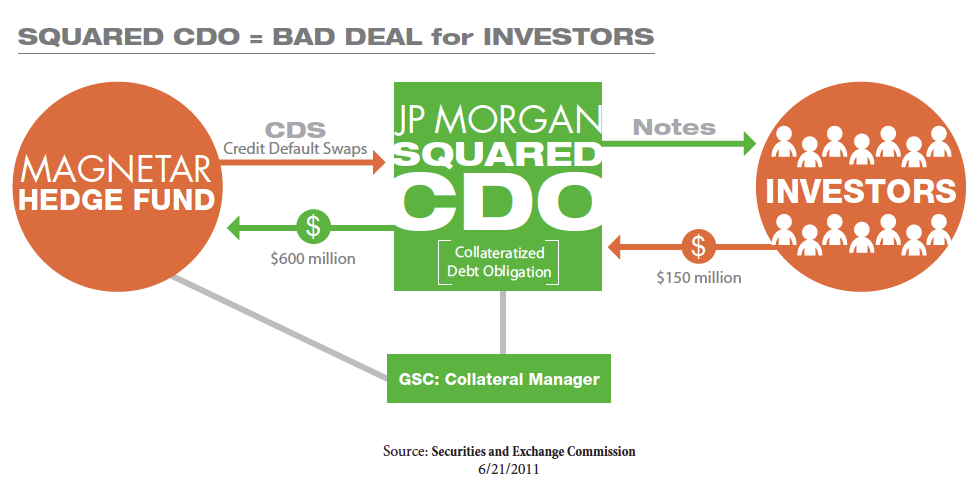Tom Adams: How Treasury’s “Kick the Can” Strategy Exacerbates Mortgage Market Woes (Mortgage Insurer Edition)
By Tom Adams, an attorney and former monoline executive
Barron’s published a detailed take down of the mortgage insurance industry weekend that highlights how Treasury’s approach to the mortgage mess will ultimately make matters worse. As the article points out, in the fairly likely scenario that mortgage claims exceed the amount of capital the insurers have available to pay them, the parties taking the biggest hit will be Fannie Mae and Freddie Mac. That means taxpayers are probably on the hook for more bailouts.
Despite having questionable capital reserves for the future claims they face, mortgage insurers are still continuing to write significant insurance business. Why would anybody want to continue to buy insurance from such shaky companies?
The continuing business of the mortgage insurers help shed light on the fact that virtually the entire mortgage industry is run through zombie companies that ought to have expired years ago.
Read more...
